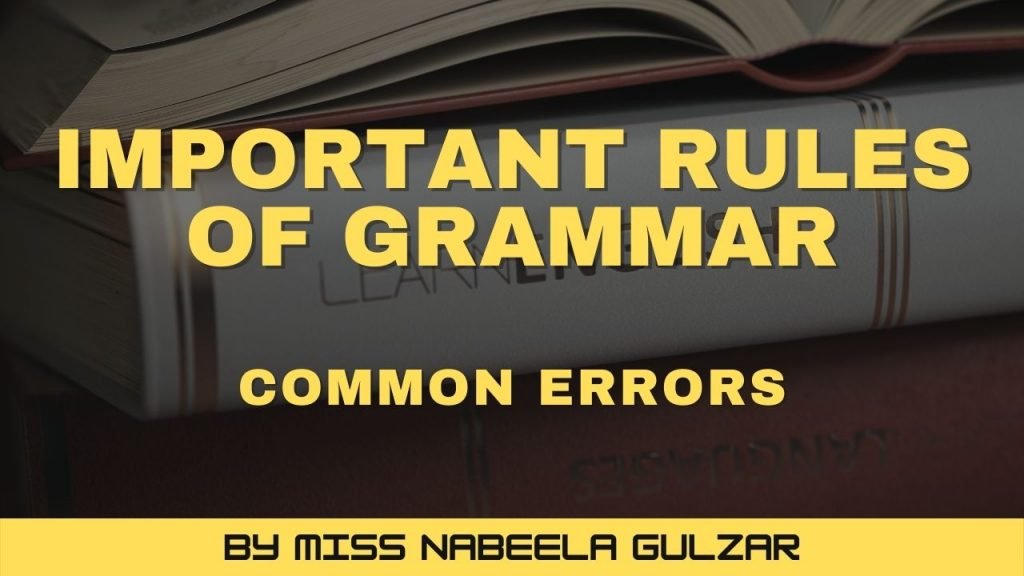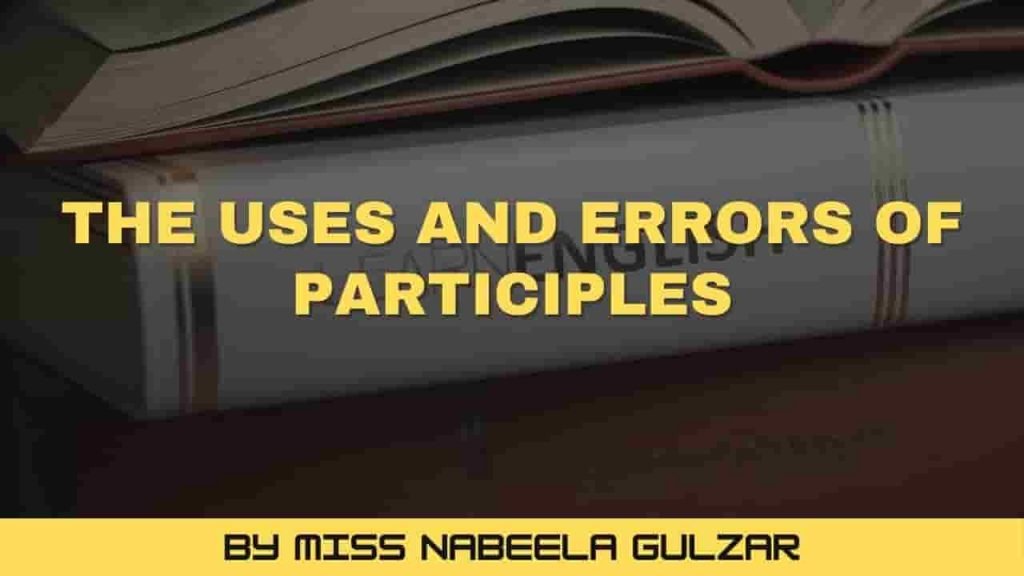The use of Distributive and Indefinite pronouns
1. Distributive pronouns are referring to each individual of a class, not the class collectively. They are each, every, either and neither.
Each, Every, Neither, None and One refer to persons, or things one at a time and should be followed by a singular verb and a singular object(pronoun)
Difference between Each and Every
Each: Can be used to talk about two or more people or things.
As: She had a child holding to each hand.
Every: is normally to talk about three or more.
As: He gave every person the same medicine.
Difference:
In many cases, both each and every can be used without much difference. But we prefer each, when we are thinking of people or things separately, one at a time. Every is more common, when we are thinking of people or things together, in a group.
Examples:
1. Each flower smell sweet. (Incorrect)
Each flower smells sweet. (Correct)
2. Everyone know that earth is round. (Incorrect)
Everyone knows that the earth is round. (Correct)
The difference between “Either” and “any”
Either is used to indicate each one out of two and “Any” each one out of three or more.
Examples:
1. Either of the three boys have done this. (Incorrect)
Any of the three boys has done this. (Correct)
2. Any of the two boys have written a story. (Incorrect)
Either of the two boys has written a story. (Correct)
Difference of Neither and None
Neither means nobody out of the two and None means nobody out of three or more.
Examples:
1. Neither of the three boys have gone. (Incorrect)
None of the three boys has gone. (Correct)
2. Any of the two girls have committed this sin. (Incorrect)
Either of the two girls has committed this sin. (Correct)
Check again:
| For two | For more than two |
| Neither | None |
| Either | Any |
| Each | Every |
Errors in the use of Indefinite Pronouns
We use indefinite pronouns for people or things without saying exactly what they are.
The indefinite pronouns are the following :-
| Anybody | Everybody | Nobody | Somebody |
| Anyone | Everyone | No one | Someone |
| Anything | Everything | Nothing | Something |
Note: No one is written as two words. Sometimes a hyphen is used. (no-one)
Examples:
- Either of the three clerks have got their pay. (Incorrect)
Any of the three clerks have got their pay.(Correct)
- Neither of the three boys have got back their tickets. (Incorrect)
None of the three boys have got back their tickets.(Correct)
- One must do his duty. (Incorrect)
One must do one’s duty.(Correct)
Reciprocal Pronouns
A pronoun used to talk about mutual relationship is known as reciprocal pronoun.
Each Other
Each other should be used in speaking of two persons or things.
One another
One another is speaking of more than two things.
Examples:
1. The two brothers hated one another. (Incorrect)
The two brothers hated each other. (Correct)
2. People should love each other. (Incorrect)
People should love one another. (Correct)
Hopefully, your concept about The use of Distributive and Indefinite Pronouns is clear now, This lecture is part of the whole series of English Grammar by Miss Nabila Gulzar, For Other Lectures Click Here also We have an Essay on every topic, Check the complete list here. If you are Studying in Matric Free Video Lectures of Maths, Physics and English are here, and if we got you covered for I.COM Business Maths also.







